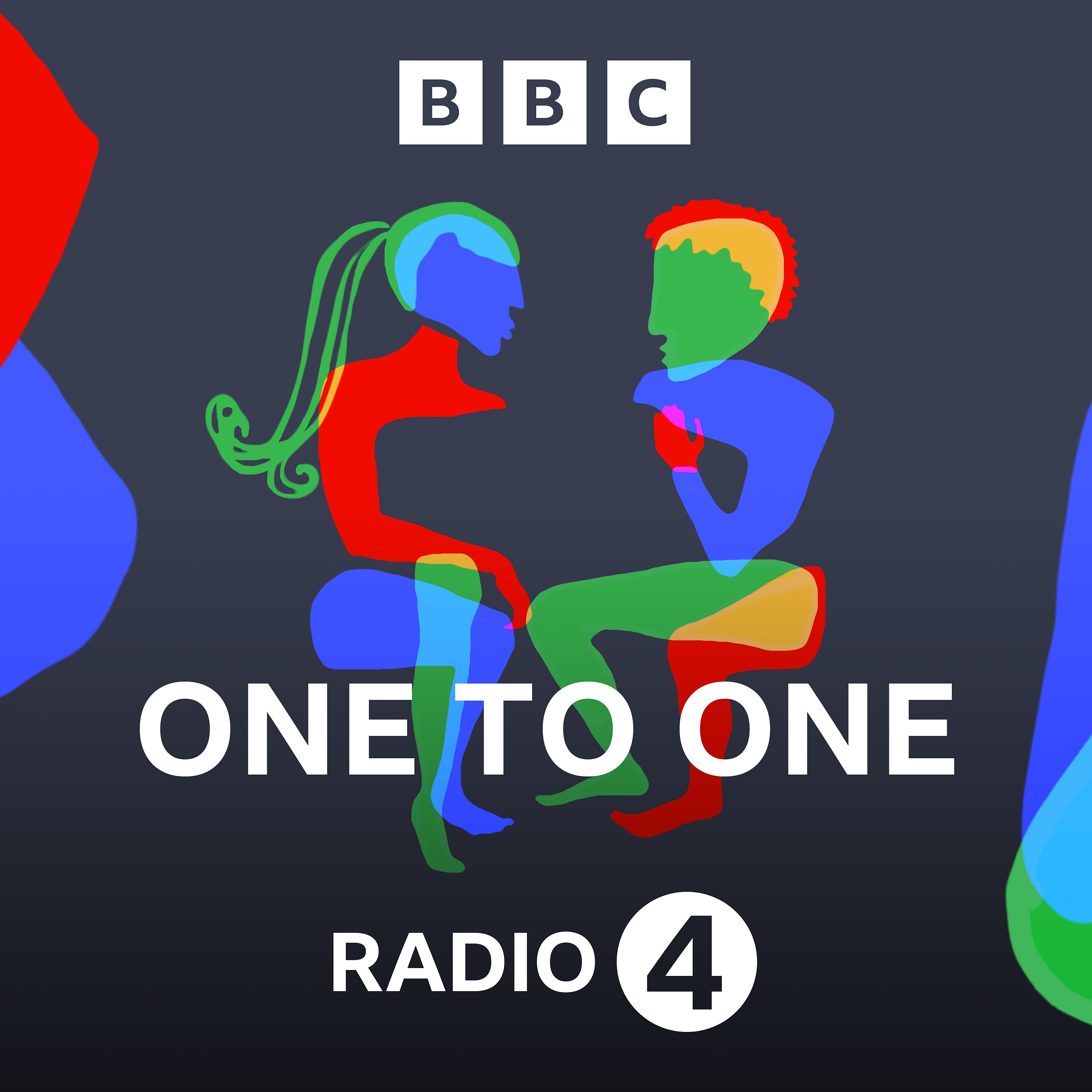Psychedelics and Mental Health: Rose Cartwright meets Ashleigh Murphy-Beiner
Description
In recent years there’s been a renaissance of interest in psychedelics in the West, on a scale not seen since the first wave of medical research in the 1950s and 60s. Drugs like DMT, ketamine and psilocybin (that’s the psychoactive compound in magic mushrooms), are now being researched as medications to take alongside therapy for the treatment of various mental health problems. Across this series of interviews, Rose Cartwright explores so-called ‘psychedelic assisted psychotherapy’. What is it? Can it help tackle our mental health crisis? And what are the risks?
Her first guest is clinical psychologist Ashleigh Murphy-Beiner from the Psychedelic Research Group at Imperial College, which is working on medical trials with psilocybin and MDMA for the treatment of depression and complex trauma. What is complex trauma and how might psychedelic drugs help to make sense of it? What can we learn from indigenous healers when trialling these drugs within a western clinical framework? And how could psychedelic-assisted therapy play out within the NHS if these drugs become legalised for medical use?
Producer: Becky Ripley
More Episodes
In recent years there’s been a renaissance of interest in psychedelics in the West, on a scale not seen since the first wave of medical research in the 1950s and 60s. Drugs like DMT, ketamine and psilocybin (the psychoactive compound in magic mushrooms), are now being researched as medications to...
Published 03/26/24
Published 03/26/24
In recent years there’s been a renaissance of interest in psychedelics in the West, on a scale not seen since the first wave of medical research in the 1950s and 60s. Drugs like DMT, ketamine and psilocybin (the psychoactive compound in magic mushrooms), are now being researched as medications to...
Published 03/19/24


